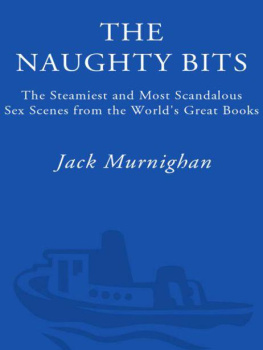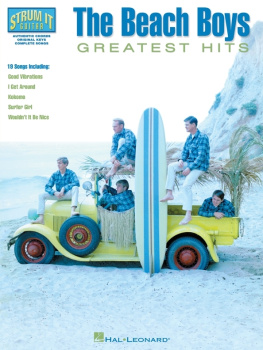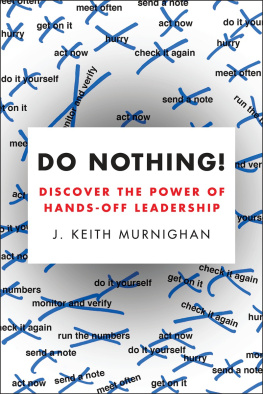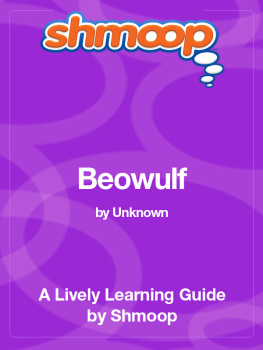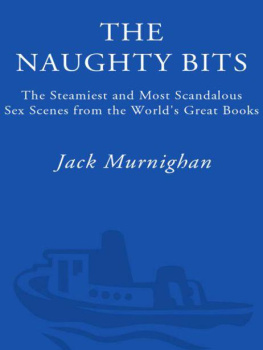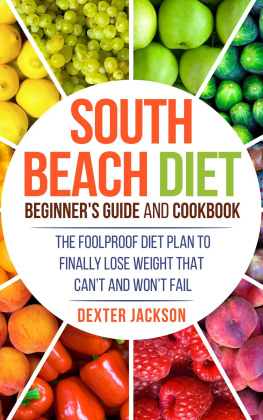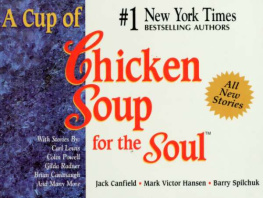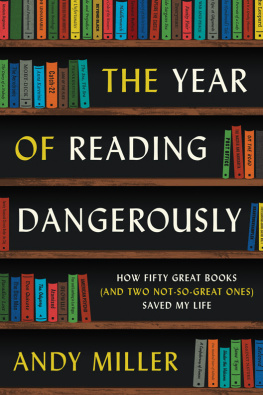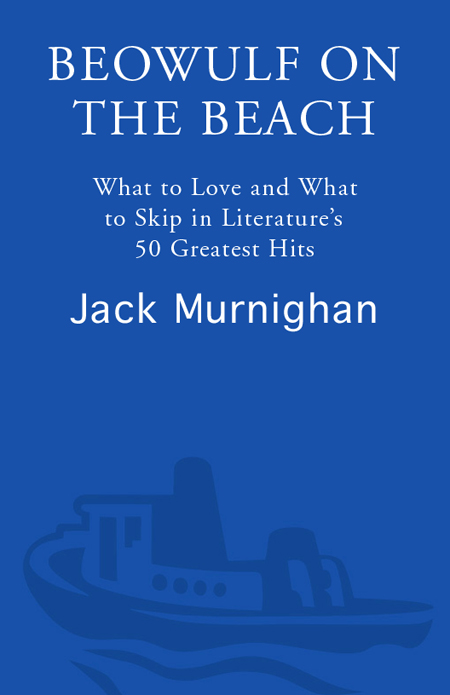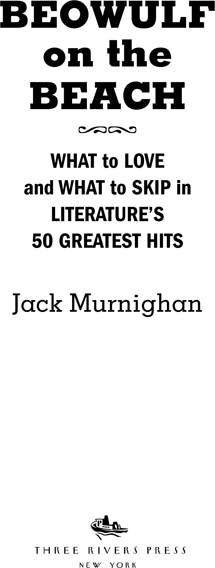Preface
W hat, you werent planning on packing Beowulf with your flip-flops and sunscreen? How about Ulysses, Don Quixote, or The Iliad? But you still feel bad about not reading them, right? Or maybe you lumped your way through the required readings in college but werent exactly head over heels. No surprise there; how many college classes did you take where the point was to like literature? And did anyone tell you that Moby Dick is funny, that Dante will make you cry, that Jesus tells a joke, that Anna Karenina is a beach read, or that Joyce can be great, especially if hes talking about booze, sex, or organ meats? These books are dazzling, but thats not how theyre normally taught or perceived. And if you dont go back to the classics as an adult, you might never know how much better they are when theyre read for pleasure, not for a test. As long as the so-called great books stay locked in the ivory tower, people dont see how gripping and meaningful they can be, and their kaleidoscopic glories get squandered.
I propose a simple fix: lets give literature another look, but this time well enjoy ourselves. And I dont just mean above the ears; I want you to feel these books in your heart, in your soul, and maybe even below the waist. I myself am a recovering academic (its a tough twelve-step program), but since the day I took off my tweed, Ive been on a mission to appreciate the classics for their deep humanity and wonder. And trust me, if you read any or all of the books Im championing here, youll be shocked at what you find. Dollars to doughnuts, youll laugh out loud, well up some droplets, get a little turned-on, be awestruck, impressed, and deeply, pivotally affected. Once you open yourself to the humor, drama, adventure, sex, poignancy, elegance, tragedy, and beauty of the great books, youll see why theyve long been considered among the most inspiring and engaging things ever written.
This book will be your field guide, helping you read and relish fifty of the biggest woulda-coulda-shoulda classics of all time. Ive included some tips on reading good books in general (Go slowly! Use a pen! Reread!), and for each of the individual titles, an easy-access introduction that emphasizes the stuff youll relate to most and how to corral it. And though I know youre going to run out and read all the original tomes, each chapter also has the following cheat sheet (including, because not every classic is perfect, the all-important What to Skip):
The Buzzyour cocktail party Ph.D.
What People Dont Know (But Should)less hype, more substance
Best Lineto dip your toe in the water
Whats Sexy or into the hot tub
Quirky Factthis you wont forget
What to Skipand you can skip lots
This isnt Cliffs Notes telling you what youd need for school; its an attempt to show you whats in the great books that makes them really matter. Its tragic how many of us think back on what we read in college and feel, like T. S. Eliot wrote in Four Quartets, that we had the experience but missed the meaning. But if I have my way, youll soon be adding some classics to the books you love the most.
HOMER
(c. 900 B.C.)
The Iliad
B ecause the gods of irony still rule the firmament, Homer happens to be the name of both the pater familias Simpson, cartoon mainstay of the living room box, and the acknowledged father of Western literature, oft called greatest writer of all time. Origins are a funny thing, of course, and while we point all our literature back to Homer, we neither know the exact time when he wrote (most modern scholars think between the 10th and 8th century B.C.) nor even whether the same person necessarily wrote The Iliad and The Odyssey (the latter of which is sometimes argued to have been written by a woman). Then theres the fact that this other guy named Hesiod might be even older than Homer and wrote a book called the Theogony where, among other things, the world is created and the gods come to beone from hacked-off genitals floating in the ocean. You can see why most people prefer to leave him out of the conversation.
But somehow or other, Western literature got itself going, whether by Homer, Hesiod, or someone else long forgotten or never recorded. As founding stories for a whole civilization go, however, The Iliad and Odyssey are pretty well suited, at least at first blush. Each appears to be a supremely heroic tale with a super-macho protagonistAchilles in The Iliad, Odysseus in TheOdysseyoffing his fair share of flunkies and weenie men. Most founding myths are based on just such triumphs at someone elses expense. The only problem is that anyone who reads The Iliad or The Odyssey closely will see that the heroes themselves are barely responsible for their actions; the gods interfere with nearly everything, handing out victories and failures whimsically and petulantly like demented children throwing bread to geese. Its a bit sad and bracing, actually, to find out that Achilles the great warrior really wins his battles less because of the strength of his arm or the trueness of his spear and more because higher forces come to his aid. In what many people think is the greatest tale of heroism and unmitigated studliness, it turns out that humans are just Cabbage Patch Kids tossed around by bratty, vindictive gods that hardly deserve the name.
That said, The Iliad is still as riveting and potent as anything youll ever read. The story is familiar: scads of Greek troops have sailed to Troy (a possibly fictitious city in what is now Turkey) to take back Helen, the Wests first great beauty, whom the fair-haired Trojan prettyboy Paris swiped away from her husband, the trollish Greek prince Menelaus. But the siege isnt going so well; its already lasted ten years and the Greeks best fighter, Achilles, is pouting in his ship because he wasnt given the slave girl he wanted. We follow the give-and-take of the battle until Achilles finally gets off his sulking heinie, and then the proverbial hits the proverbial.
The Iliad is action at its best, and whoever Homer was, he knew how to tell a story. Its taut dialogue and vivid narration make The Iliad unfold in your mind in Hollywood Technicolor (and its a lot better than the big-screen Troy, the blockfizzler adaptation from 2004). When you think about The Iliad that way, you wont believe how much it reads like a screenplay: set piece after set piece, great characters, killer action, and the approaching thunderstorm tension as we wait for Achilles to pick up his weapon. But to make sure you feel all the bone-jarring power of Western literatures first masterpiece, Ill give you some selling points.


